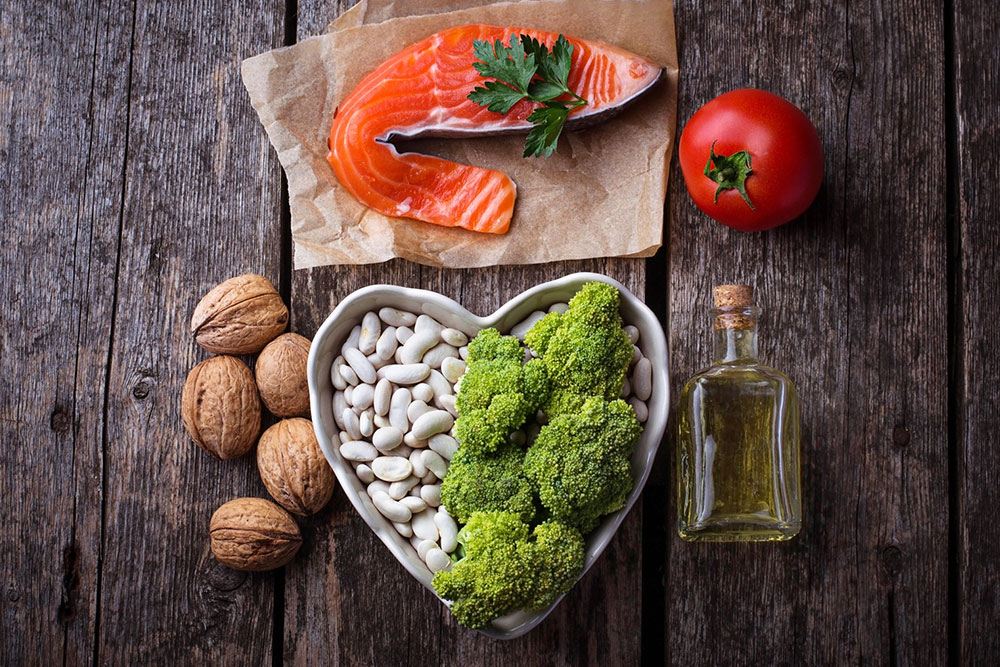Managing IBS: Dietary Tips and Foods to Ease Symptoms
Discover effective dietary strategies for managing IBS symptoms. Learn about foods that soothe the stomach, reduce inflammation, and prevent flare-ups. This comprehensive guide emphasizes personalized approaches, stress management, and lifestyle changes to improve quality of life for those with IBS.

Managing IBS: Dietary Tips and Foods to Ease Symptoms
Irritable Bowel Syndrome (IBS) is a widespread condition impacting the large intestine. Its primary symptoms include stomach pain, cramps, bloating, gas, constipation, and diarrhea. Though symptoms can be intense, they are manageable with proper diet, stress management, and lifestyle modifications. Recognizing triggers like certain foods, stress, and hormonal changes helps in controlling flare-ups. A tailored diet focusing on easily digestible foods such as lean proteins, cooked vegetables, specific fruits, and fermented products can significantly alleviate symptoms.
IBS symptoms are often triggered by specific foods. Avoiding triggers like wheat, dairy, carbonation, cabbage, and citrus can help manage the condition.
Stress can worsen IBS symptoms, though it doesn't directly cause them. Managing stress is an important part of treatment.
Hormonal fluctuations, especially in women during periods, may intensify symptoms.
Foods to Soothe IBS:
Choose lean meats such as chicken, turkey, and certain pork cuts, avoiding dark-colored poultry and meats.
Eggs are gentle on the stomach and safe for IBS; enjoy them boiled, scrambled, or poached.
Foods rich in omega-3 fatty acids, like salmon, sardines, mackerel, and herring, can help reduce inflammation.
Cooked vegetables such as carrots, zucchini, bell peppers, broccoli, and squash support gut health and reduce gas and bloating.
Leafy greens like spinach, kale, and lettuce are nutrient-dense and easy to digest, especially when cooked.
Fruits such as bananas, blueberries, watermelon, and kiwi provide necessary nutrients without aggravating symptoms.
Incorporate nuts like almonds, walnuts, and seeds like chia and flaxseed for fiber and anti-inflammatory benefits.
Fermented foods such as yogurt, kefir, and kombucha contain beneficial probiotics that promote gut health.
Always consult a healthcare professional before making significant dietary changes, as individual responses vary.
Note:
Our articles aim to provide helpful information across various health topics. While based on research and evidence, they should not replace professional medical advice. For personalized treatment, please consult a qualified healthcare provider. The website may not include all current offers or schemes.









